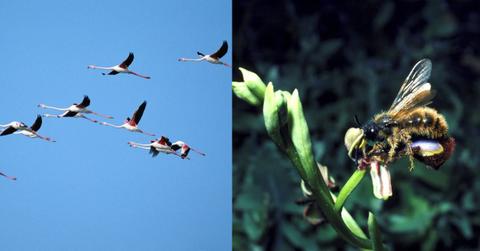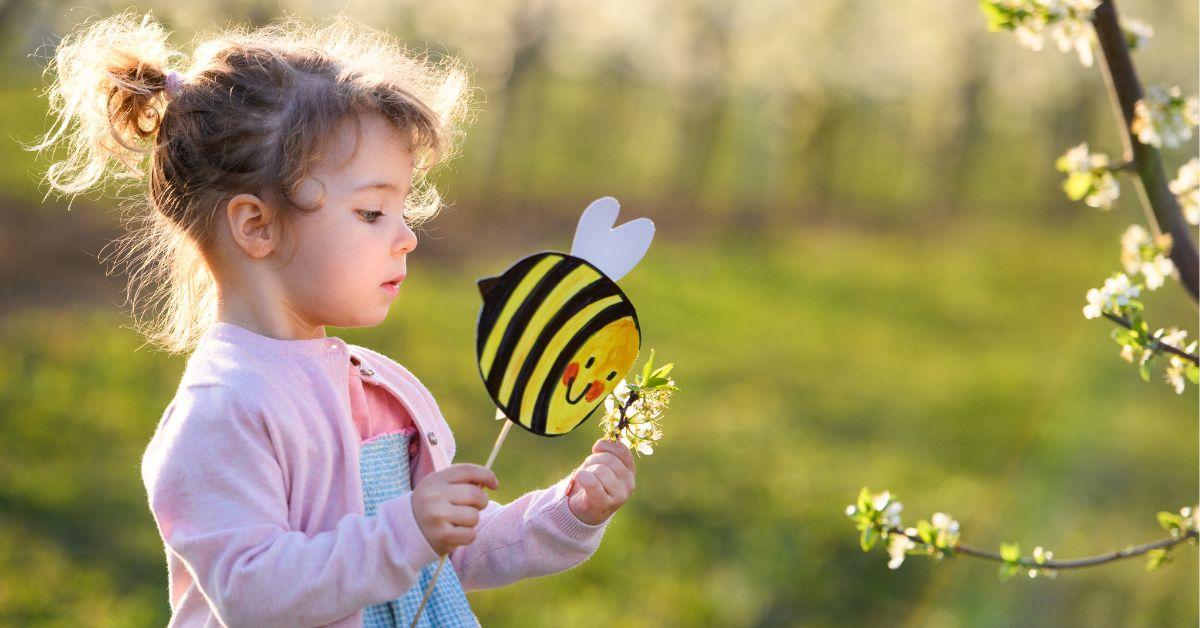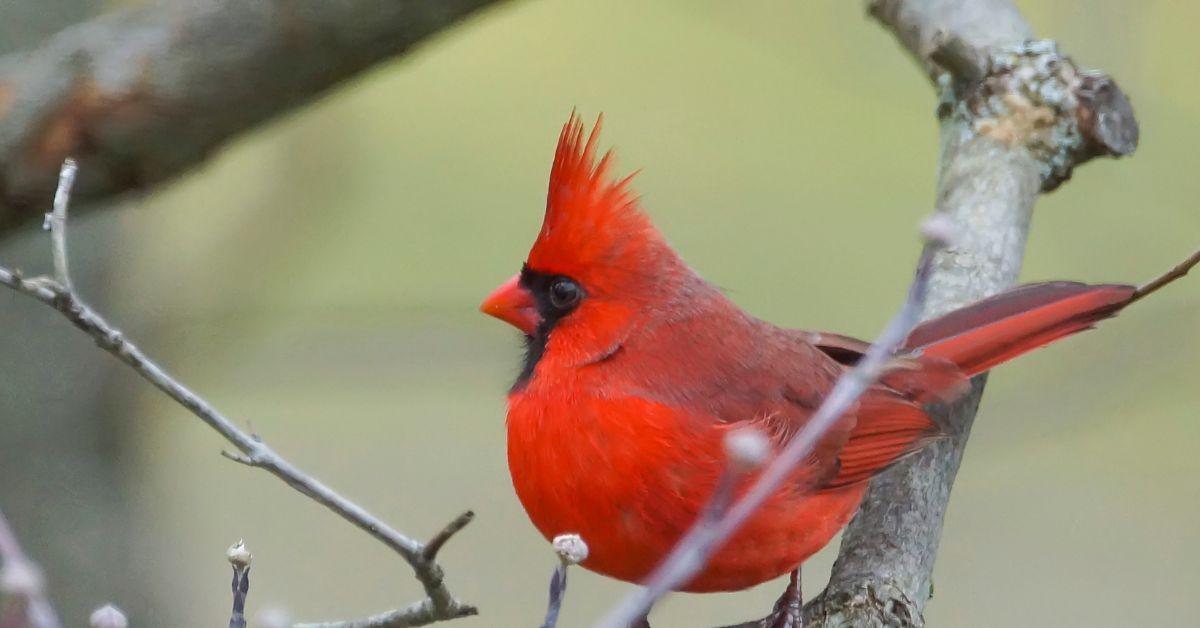Ever Wonder Why It's Called the Birds and the Bees? There's an Interesting History Behind It
How did you feel when your parents gave you "the talk"? Somehow this strange analogy did not make it less awkward.
Published May 30 2024, 6:34 p.m. ET

There was nothing more awkward than when your parents finally sat you down for "the birds and the bees talk." Firstly, what a strange metaphor to use. Secondly, what does that even mean?
Well, the analogy leads into a conversation about sex, typically meant to start facilitating those difficult conversations with young people. Regardless, the name comes from a pretty interesting history.

Why is it called "birds and bees"?
If you were ever told the basics in this fashion, you'd know that birds refers to the ways in which the animal lays eggs which hatch as part of their reproductive process. This is meant to be related to women's processes of ovulation, menstruation, and pregnancy.
On the other hand, bees is meant to refer to the way in which the bug pollinates flowers. They essentially spread their seed everywhere, helping flowers to be able to reproduce and grow.
However, while parents often refer to the talk as the "birds and the bees" conversation, they sometimes fail to use the specifics of the metaphor, leaving some kids a little confused as to where that even came from. Oftentimes, it's just shortened to a mysterious "the talk." But where did this idea even hatch?

Back in 2000 the Los Angeles Times took a look at the topic, noting that The Morris Dictionary of Word and Phrase Origins (1988) purported that for centuries, reproduction has been “presented by analogy — telling how birds do it and trusting that youngsters would get the message by indirection."
The outlet also spoke with USC linguistics and law professor Ed Finegan, who speculated that the phrase as a euphemism for sex was likely inspired by these two writers:
- Samuel Taylor Coleridge, whose 1825 poem "Work Without Hope" referred to both birds and bees ("All nature seems at work . . . The bees are stirring--birds are on the wing . . . and I the while, the sole unbusy thing, not honey make, nor pair, nor build, nor sing.")
- John Evelyn, whose memoir Evelyn's Diary — which went on to be considered a principal literary source regarding life and manners in 17th century England — featured the phrase "birds and bees" in a 1644 entry.
Evelyn's use of "birds and bees," as Finegan explained, was in reference to the decorations inside St. Peter’s cathedral in Rome ("That stupendous canopy of Corinthian brasse; it consists of 4 wreath’d columns--incircl’d with vines, on which hang little putti [cherubs], birds and bees"). The passage appeared to combine an image of human sexuality (the cherubs) with that of birds and bees.
And considering that Evelyn's diary was published in 1818 (100 years after his death), around the time the romantic poets were emerging, it's possible that these poets picked up on the phrase.
As we know, over the years, the phrase went on to become picked up in songs, poetry, and more. Cole Porter's "Let's Do It" (1928) includes the lyrics: "It is nature, that’s all / Simply telling us to fall in love / And that's why birds do it, bees do it / Even educated fleas do it / Let's do it, let's fall in love."
The more included in pop culture the phrase became ingrained, the more common it would be for parents to simply go along with the metaphor that they heard so much about, some speculate.